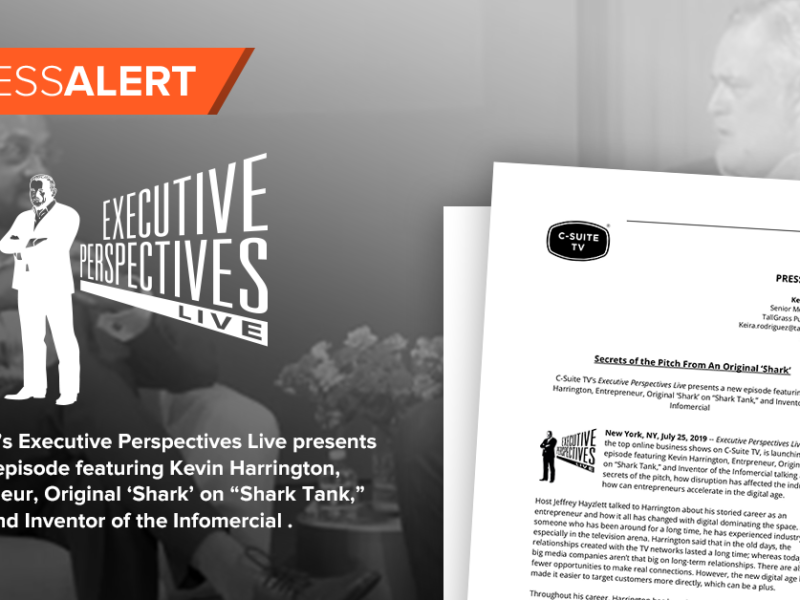
Why Agile Entrepreneurship Makes Sense For Large Corporations Too
Why Agile Entrepreneurship Makes Sense For Large Corporations Too https://csuiteold.c-suitenetwork.com/wp-content/uploads/2017/09/why-agile-entrepreneurship-makes-sense-for-large-corporations-too.jpg 960 631 C-Suite Network https://csuiteold.c-suitenetwork.com/wp-content/uploads/2017/09/why-agile-entrepreneurship-makes-sense-for-large-corporations-too.jpgEarly in the last decade, several senior scholars from the Harvard Business School undertook an expansive research project aiming to draw wide-ranging trends about business management across the 20th Century. Anthony Mayo, Nitin Nohria, and others guided the HBS Leadership Initiative that identified three categories of leadership: innovative entrepreneurs, savvy managers and transformational leaders.
As elaborated in a series of books, these distinct paths help us both to understand individual behaviors, the impact of those behaviors and to illuminate the life cycles of growth (and decline) of specific firms and industries. These cycles involve long-term changes in social, economic and market contexts.
In the 21st Century, many individuals and businesses increasingly have evolved beyond this typology. From the specific skills and behaviors of leaders to the unprecedented macro-contexts in which they are acting, successful business leadership today demands more varied and dynamic traits and capabilities.

While creative problem-solving is regularly listed among these skills, ‘creativity,’ per se – at least when defined in traditional terms of virtuosic artistic expression and viewed as a silver bullet for resolving business problems – is not included. To take one example, Bain & Company, the consultancy, published earlier this year the results of an extensive project on the ‘firm of the future’. They posited that corporate leaders of the future need increasingly to be nimble and adopt more hybrid roles that combine creativity with other business skills: their emergent types thus resemble a venture capitalist, a professional service firm team leader, and an individual working to scale a start-up.
Bain is hardly alone in exploring the future of organizations and leadership as well as the transformations that are shaping them. Alex Osterwalder, who helped to popularize the Business Model Canvas, also recently categorized various types of innovation that can and should occur for continuing business success. Innovations in management and organization, business processes, technology and science, product and service, and marketing and advertising are more familiar historically. Building on his own research, Osterwalder also identified a further level of exploration and reinvention: ‘Business R & D’. Moving beyond conventional approaches to improving products or processes or increasing efficiencies, he focuses on the persisting challenge of driving consistent corporate growth through the ongoing reinvention of business…






